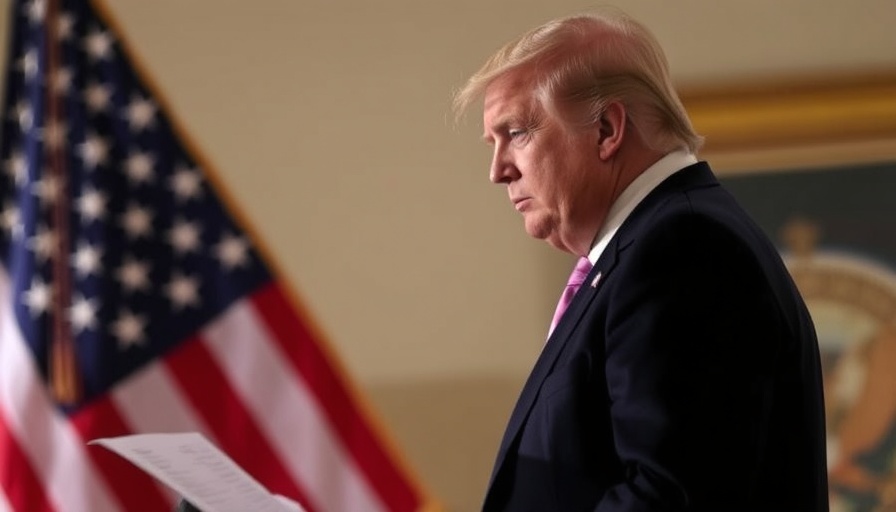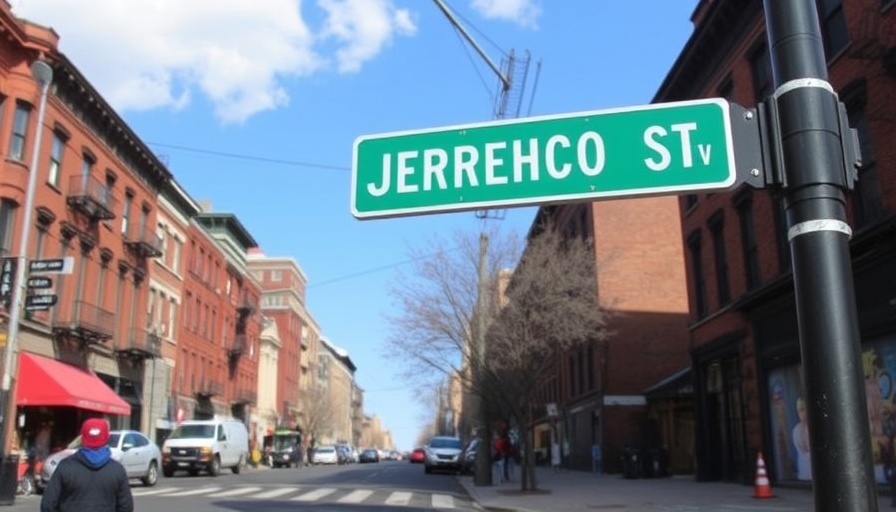
Is Trump’s Immigration Policy Hurting U.S. Tourism?
Recently, I found myself back in Miami International Airport after a delightful trip to Barbados, expecting the usual hustle and bustle of a peak hour. But instead of the familiar buzz, there was an unsettling quiet. The immigration lines, which tend to waver in a vibrant mix of countries and cultures, appeared strikingly vacant. This eerie atmosphere is not just a fleeting moment; it coincides with the recent ripple effects caused by changes in U.S. immigration policy.
The Reinstatement of Restrictions
Under former President Trump’s administration, a newly minted travel ban has barred entry to citizens from several predominantly African, Middle Eastern, and Caribbean nations. Countries like Haiti, Eritrea, and Sudan now face heightened scrutiny that leaves travelers in limbo, even if they possess valid visas. Take the case of a Guatemalan couple who, after being separated from their son for 22 long years, endured three exhausting interviews just to be allowed into the U.S. It begs the question: is this truly a welcoming environment for visitors?
High-Profile Stories Emerge
Even global celebrities aren’t safe from this tightening grip. Khaby Lame, the viral TikTok sensation, recently found himself detained by ICE for visa-related issues, forcing him to leave the U.S. While navigating the world of social media, he also shines a spotlight on the challenges international visitors face. With millions of followers, Lame’s journey underscores the growing concerns among entertainers and tourists regarding the U.S. immigration stance.
The Administration’s Defense
The government defends such measures as necessary for national security, arguing they protect the country from potential terrorist threats. But at what cost are safety and security achieved? The focus on restricting entry can deter potential tourists, diminishing the cultural exchange that has historically enriched the nation.
Tourism's Broader Impact
As the U.S. grapples with its immigration policies, the ripple effects reach beyond borders and into the very heart of its economy. Travel and tourism not only contribute to local businesses but also play a crucial role in fostering intercultural connections that enhance societal fabric. Retaining tourist interest is not solely about the scenery; it’s also about ensuring that visitors feel welcome and valued.
So, as we ponder the implications of these policies, let us not lose sight of the desire for a community that embraces diversity, evoking a culture where every voice is heard, and every visitor is welcomed. We must think about how policies affect real people and consider what kind of legacy we want to impart as a nation.
 Add Row
Add Row  Add
Add 




Write A Comment